COVID-19 wilts floral industry, florists hopeful to make Mother's Day comeback
With Mother's Day right around the corner, florists are looking to get their businesses back on track. The Coronavirus pandemic cost them jobs, supplies, and millions of dollars in revenue. Many florists are having to turn to social media, online, and curbside delivery sales. Now, some shops are being flooded with orders for Mother's Day but are worried they won't have enough staff or supplies in time.
Get all the latest news on coronavirus and more delivered daily to your inbox. Sign up here.
A once-budding business is wilting day by day.
The coronavirus pandemic has uprooted the floral industry. It's closed shops, disrupted supply chains, and forced florists to miss out on millions of dollars in revenue from big event orders. But Mother’s Day is right around the corner, and florists from across the country are looking to get their businesses back on track.
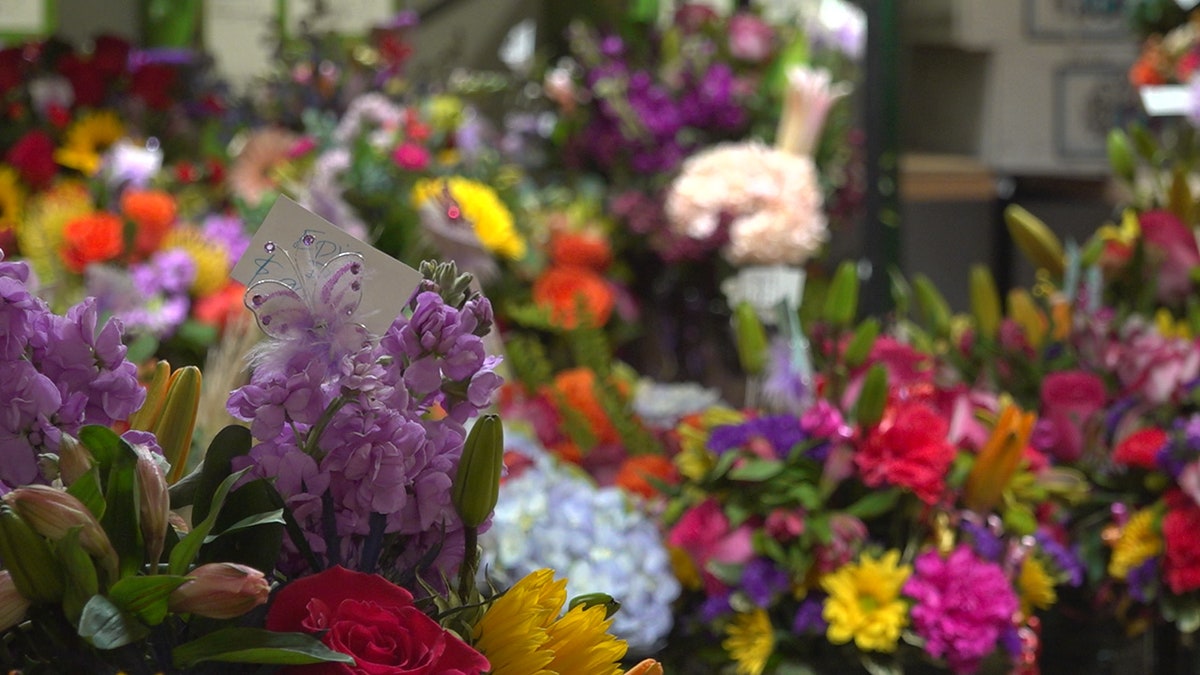
The Coronavirus pandemic has uprooted the floral industry. It's closed shops, disrupted supplies, and has lost millions of dollars in revenue. Now, some florists are being flooded with orders for Mother’s Day but they're worried they won’t have enough staff or supplies in time (Stephanie Bennett/Fox News).
At Mayfield Florist in Tucson, Ariz., owner Don Coleman says he’s lost about $40,000 in wedding sales because of COVID-19. Adhering to safety guidelines, Coleman had to close his two storefronts and switch to running his business online and out of his warehouse.
NATIONAL NURSES WEEK: CHAINS OFFERING DEALS ON FOOD AND DRINK
“We will be at 70 to 75 percent normal," said Coleman. "I mean, losing weddings, losing the front of the store, big impact — but again we’re seeing increases online."
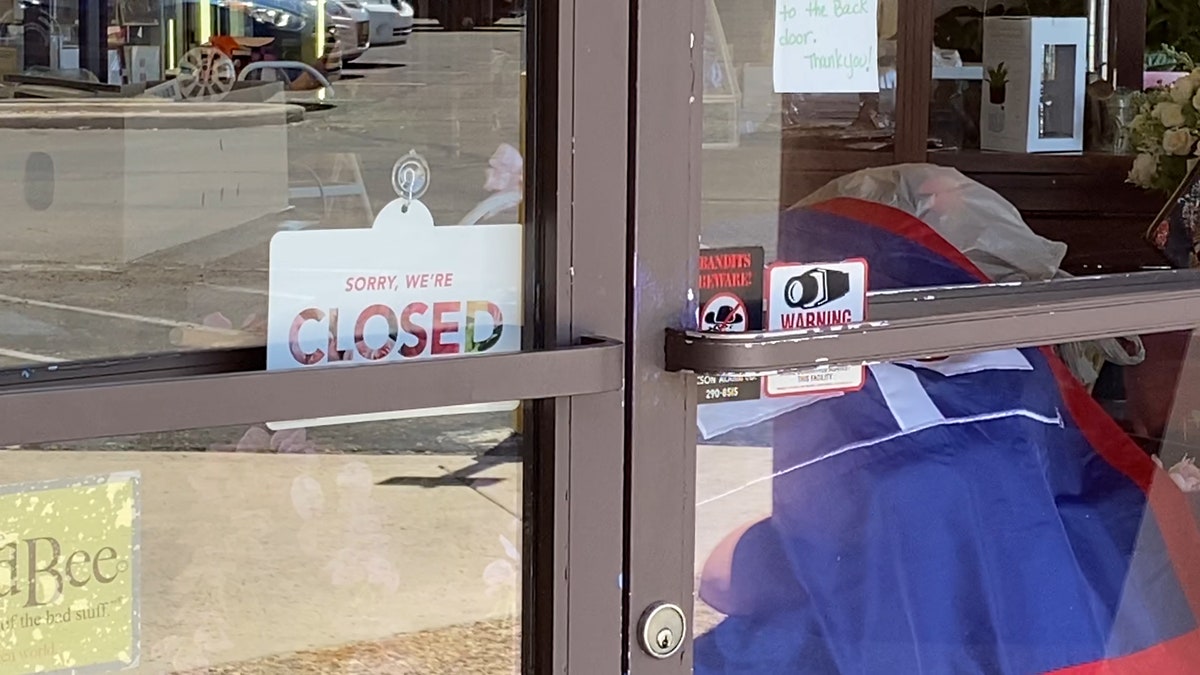
Mayfield Florist in Tucson, Arizona has temporarily closed their storefronts and have switched to online sales (Stephanie Bennett/Fox News).
Florists are also dealing with supply chain issues. Coleman says it’s hard to get certain varieties of flowers. “It costs more to do the same job we used to do,” said Coleman.
CLICK HERE TO SIGN UP FOR OUR LIFESTYLE NEWSLETTER
Delayed and rerouted flights have slowed deliveries and nearly tripled shipping prices. Dave Pruitt, CEO of the California Cut Flower Commission and administrator of Certified American Grown, says 80 percent of the flowers sold in the U.S. come from other countries.
“We only supply 20 percent, the other 80 percent of all the flowers sold in the United States are coming from out of the country. … The biggest [exporter] is Columbia, next is probably Ecuador and then you’ve got Mexico, Costa Rica, Holland,” said Pruitt.
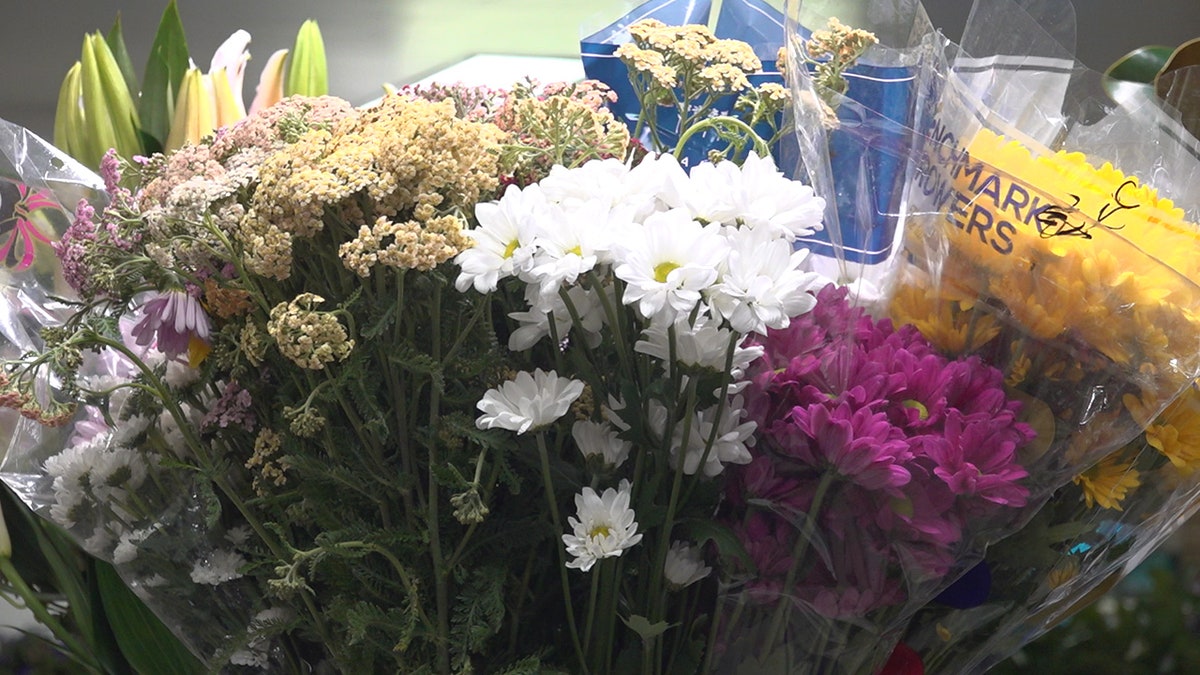
Delayed and rerouted flights have slowed deliveries and nearly tripled shipping prices (Stephanie Bennett/Fox News).
The lack of business is leaving farmers with too many flowers, forcing them to donate or dump them.
"Whole trucks got turned around and sent back to the farms. … We’re a $400 million industry, and if you look at, that’s over the course of a year. So we’ve lost at least $100 million by now,” said Pruitt.
The California Cut Flower Commission is responsible for representing more than 225 cut flower and greens farmers. The organization was established in 1990, but after a recent vote by its members in March, it will be dissolving by the end of the year.
In the meantime, the commission is currently sharing a full list of farms still selling flowers at wholesale, mass market, and to the public.
“I think it [COVID-19] had an effect on it," said Pruitt of the commission dissolving. "I wouldn’t sit here and say it was a 100 percent because of that, but it definitely had a negative effect on it. I tried to get the election postponed but I wasn’t successful in doing it, I was hoping to do it later when this all settled," said Pruitt. "Now the hopes are that we create some other type of an organization to still represent the growers that want to be represented.”
FOLLOW US ON FACEBOOK FOR MORE FOX LIFESTYLE NEWS
In Los Angeles, event florist Alison Franchi of La Petite Gardenia lost all of her wedding and corporate sales.
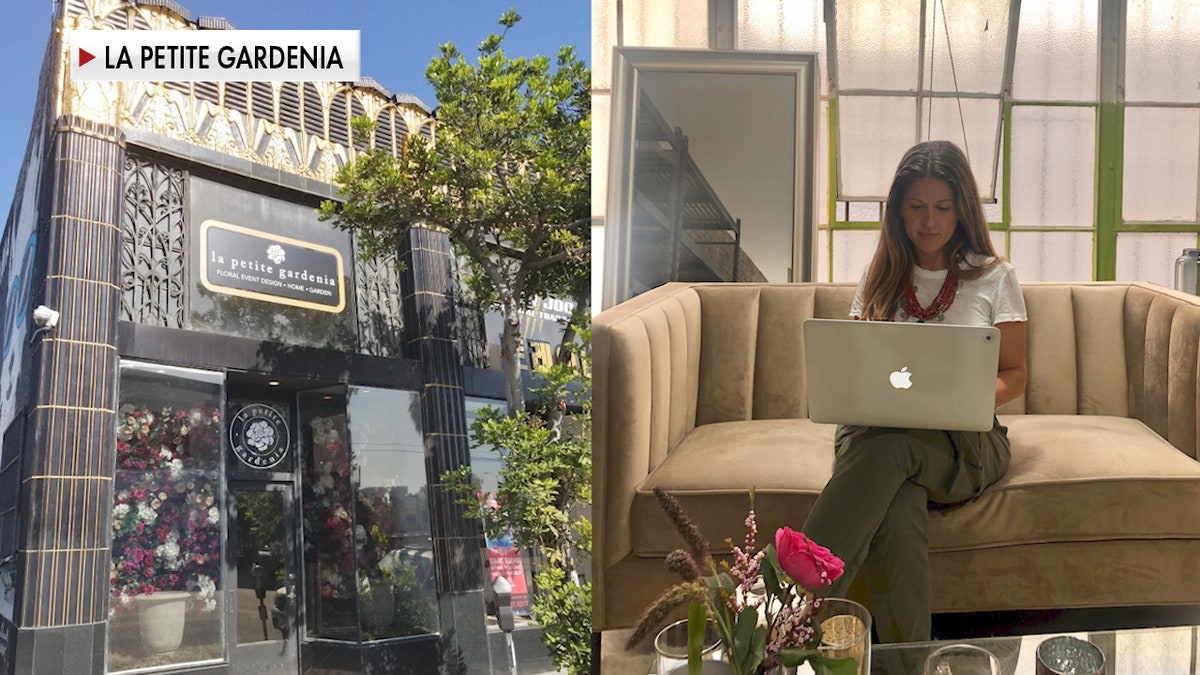
In Los Angeles, event florist Alison Franchi of La Petite Gardenia lost all of her wedding and corporate sales. She's now turned to social media and online orders offering curbside pickup and delivery options for Mother's Day (Alison Franchi, La Petite Gardenia).
“Unfortunately, it’s impacted us tremendously. Following the CDC guidelines, we had to close our doors right around March 15th and cancel and postpone all weddings. All corporate events were cancelled,” said Franchi.
Instead of catering to big events, Franchi has turned to social media and online sales, offering curbside pickup and delivery options.
“You have to adapt and be flexible. … We’re asking our clients to be flexible,” said Franchi. “So for Mother’s Day, we’re opening. We’re very excited we’re doing no-contact delivery and curbside pickup.”
CLICK HERE FOR FOX NEWS' CONTINUING CORONAVIRUS COVERAGE
Florists say sales are starting to pick back up as Mother’s Day approaches. The holiday is usually their busiest time of the year.
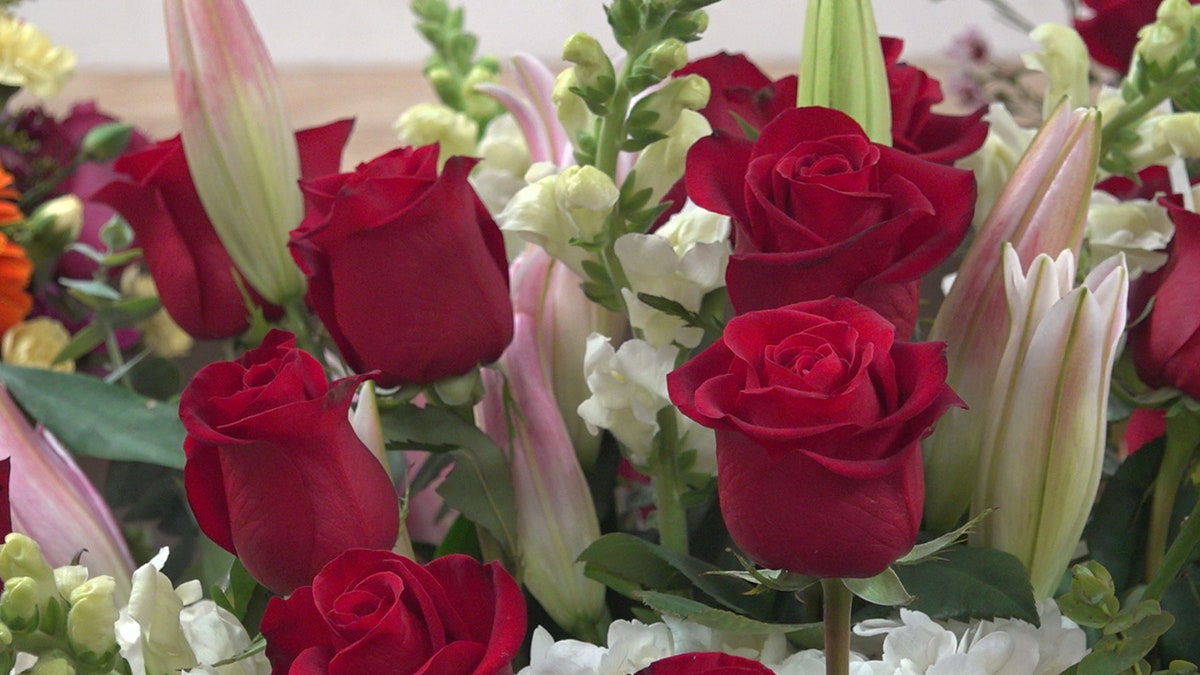
Florists are hopeful to make a comeback as Mother's Day is typically their busiest time of the year (Stephanie Bennett/ Fox News).
"We’re getting a lot more sales and it’s also scary. I mean, are we going to have the product available? You know, are we going to have the staff available, can we pull this off?” Coleman asked.
CLICK HERE TO GET THE FOX NEWS APP
Coleman tells Fox News that he has about 500 flower deliveries each day leading up to Mother’s Day on Sunday. He’s currently hiring more staff to help with demand.
“We’re doing this the best way we can," he said. "We really take it seriously keeping our customers, their recipients and our staff safe."


